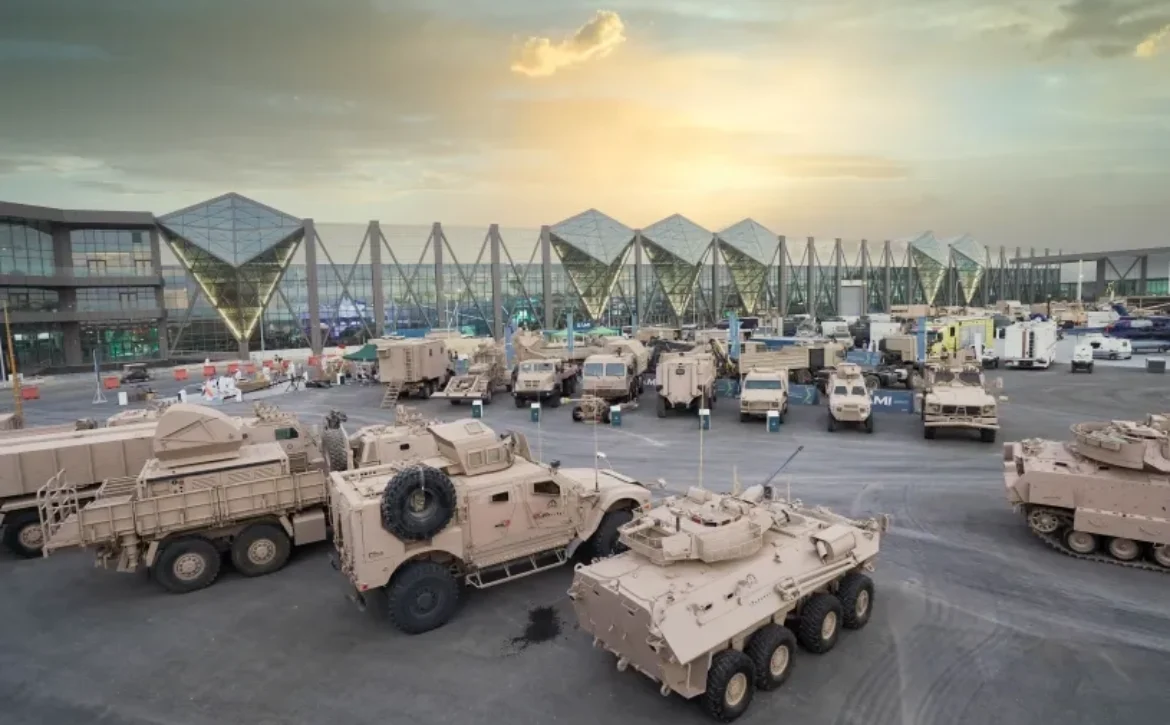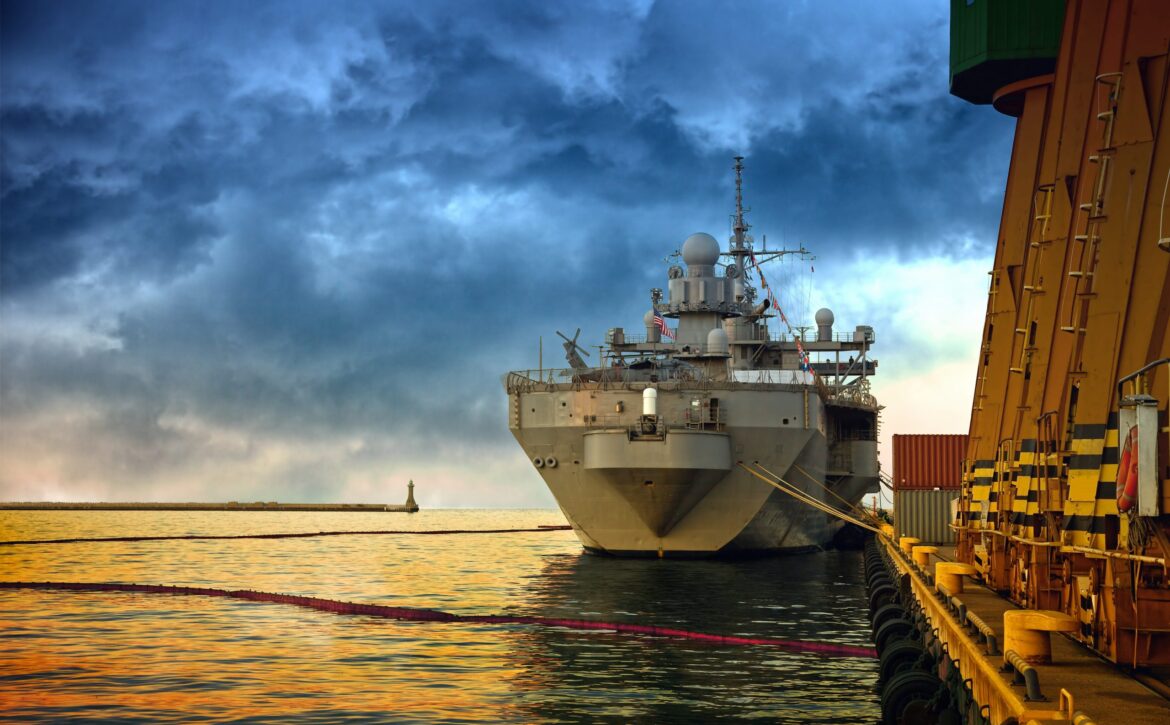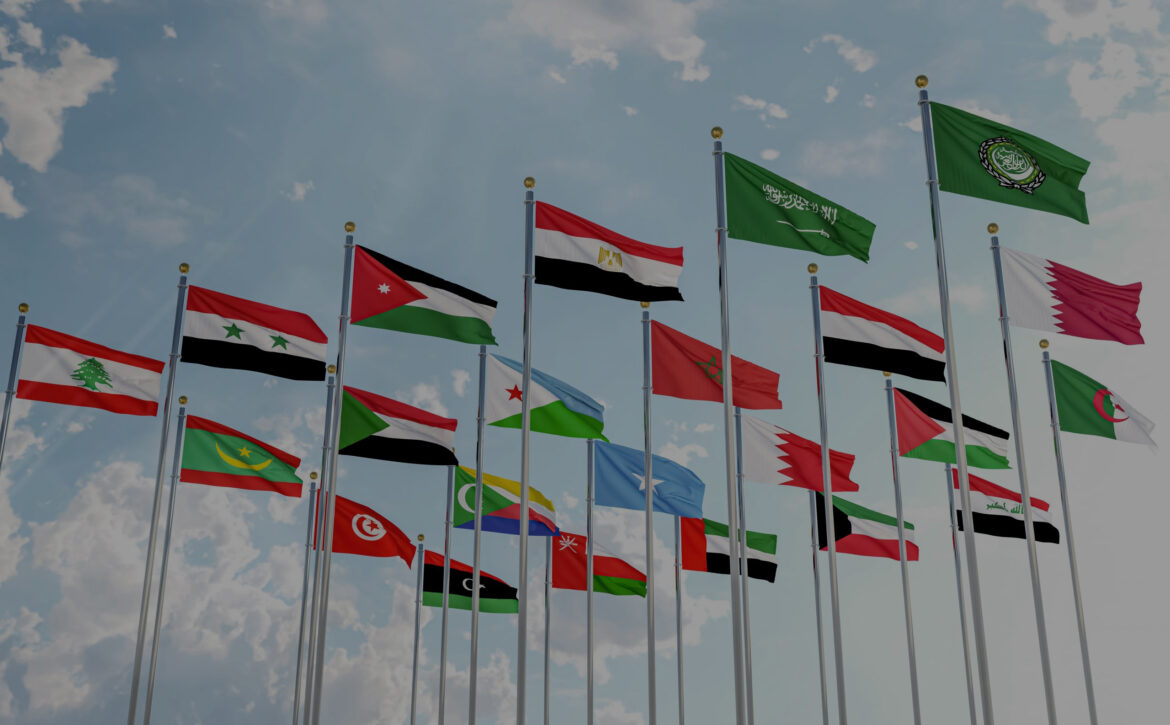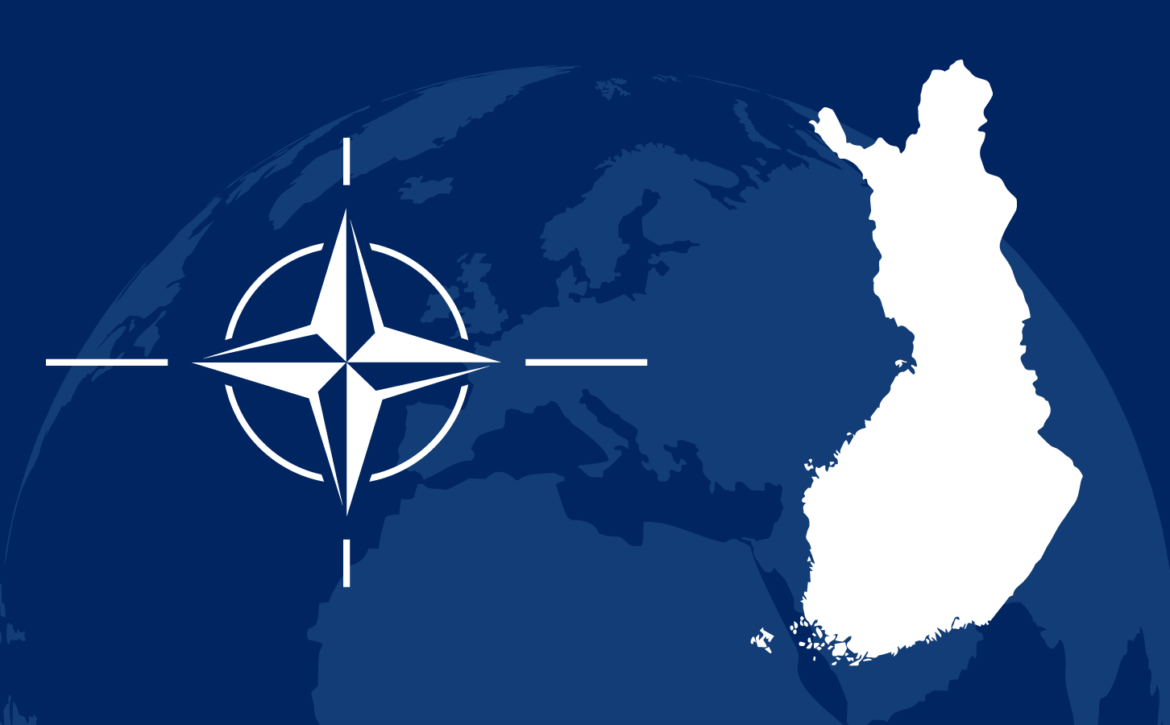محتويات قرارات الأمم المتحدة بشأن التهديدات التي تتعرض لها الملاحة البحرية
Contents of United Nations Resolutions Regarding Threats to Maritime Navigation
On the tenth of January, the United Nations Security Council issued Resolution No. 2722 regarding threats to maritime navigation in the Bab el Mandeb Strait and the Red Sea. After extensive deliberation on the necessity of respecting the international legal framework endorsed by all countries worldwide to regulate maritime rights—the United Nations Convention on the Law of the Sea of 1982—and in reference to the threats posed by the Houthi forces to maritime navigation, the resolution included eleven paragraphs condemning Houthi attacks on commercial ships. It called for the respect of freedom of maritime navigation, addressing the causes of regional tensions affecting maritime security. Additionally, it urged support for the maritime capabilities of coastal states in the region to contribute to maintaining maritime security.
The resolution received support from 11 members, while 4 abstained from voting, namely Russia, China, Algeria, and Mozambique.Although the issuance of resolutions by the Security Council to preserve international peace and security is within its inherent jurisdiction, there has been debate surrounding three questions. First:
Is this resolution considered a legal basis for the Prosperity Guardian Alliance? Second: Does the resolution include all international powers that could participate in protecting maritime navigation, similar to UN resolutions against piracy off the coasts of Somalia and the Horn of Africa in 2008? Third: Is the resolution binding on all countries to participate in efforts to protect maritime navigation?These questions arise due to the abstention of two permanent members of the Council, Russia and China, and the establishment of some international organizations, such as NATO, as foundations for participating in any military operations. Furthermore, there are precedents where UN resolutions explicitly indicated the authority to defend ships in crises, such as during the Iraq’s invasion of Kuwait in 1990.Without delving into extensive legal debates, addressing the first question about whether the resolution is essentially a legal basis for the Prosperity Guardian Alliance draws attention to the third paragraph of the resolution’s preamble. It emphasizes the obligation to respect the exercise of commercial ships and transportation rights according to international law.
It also acknowledges the right of member states under international law to defend their ships against attacks undermining maritime rights and freedoms. While this paragraph does not explicitly state that the resolution is a basis for the alliance, the nature of UN resolutions is often flexible, and clarity on such matters is not always explicitly articulated, as seen in previous crises, such as the case of the Iraqi invasion of Kuwait.
To answer the second question when comparing the content of the decision with similar decisions related to maritime security, including decisions to confront piracy off the coasts of Somalia and the Horn of Africa in 2008, especially Resolution 1816, which urged for the first time states and regional organizations to send naval forces off the coast of Somalia and the western part of the Indian Ocean to counter piracy threats, we find a vast gap between the content of the two decisions, particularly from two perspectives: Firstly, the decision to combat piracy specifically referred to regional organizations and was the legal basis for NATO’s decision to send forces under the name “Operation Ocean Shield,” which began its operations on August 17, 2009.
The second difference is that the decision to counter piracy included a request for states to send naval forces, while the UN decision regarding Houthi threats included the right of states to defend their ships without specifying the means to achieve that.Moving on to the answer to the third question, based on what has been mentioned, the logical result is that the UN decision regarding countering Houthi threats to maritime navigation is not binding on all states to participate in any maritime arrangements to confront those threats.
If NATO decides to participate as an organization, it would need a new, clearer UN decision; otherwise, its member states could participate either individually within American efforts or under the umbrella of the European Union.In my estimation, monitoring and analyzing the contents of UN decisions regarding crises that pose a threat to international peace and security are crucial because, in some crises, these decisions have been decisive in ending conflicts. For example, Security Council decisions regarding the threat to maritime navigation in the Arabian Gulf during the Iran-Iraq war, some of which led to the end of the war and the cessation of hostilities, such as Resolution 598 on July 20, 1987. However, at the same time, attention should be paid to three matters:
Firstly, in some cases, the opposition of some permanent members of the Security Council or abstention from voting was not an obstacle to efforts to maintain international peace and security. For example, the United States invaded Iraq in 2003 without a UN resolution, but later resolutions legitimized the invasion and subsequent actions in Iraq. Secondly, it is always necessary to compare legal contents with reality. Regardless of the content of resolutions, the question arises: Who implements them? The answer, simply put by a NATO official, is that the United Nations does not have an army, but NATO does. Thirdly, all UN resolutions do not explicitly state the participation of specific parties in maintaining international peace and security, leaving paragraphs in general terms, which gives different interpretations to international parties.








